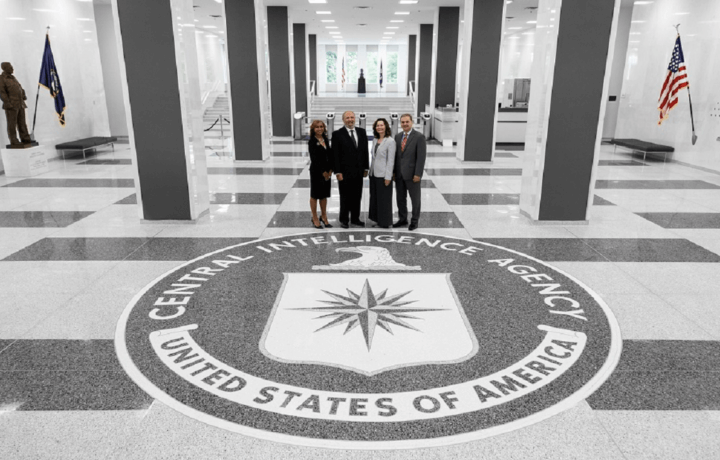While every entity has turnover it is clear that the turnover at the CIA tends to be less volatile than other government agencies. Why is that?
A lot has to do with the manner in which the CIA hires. They, like many other agencies and departments, can be found at college job fairs, looking to attract great candidates early in their career journey. The portal by which candidates make themselves known to the CIA is uniform – their website. Their mantra? “We hire amazing people.”
And like all whose workforce is stable, there lays the clue to their success.
Want the best? Hire the best.
Invest in the front end of the hiring process so that those with the maximum chance of assimilating into the culture and making a difference are hired. Background investigations are but just aspect of the overall pathway to hire.
The CIA has paid internships, which require a security clearance, but don’t require a career determination. Many interns stay, many opt to move on. The mission of the CIA is not everyone’s cup of tea. But for those who do decide to make a career with the CIA, belief in that mission is key. Where else do you collect, analyze, and present information that influences the policy makers of the United States.
As a retiree who spent 30-years with the CIA, I can attest to the lure of the mission as being a prime motivator. The CIA, a service/support organization, is uniquely positioned to acquire the desired intelligence.
How to Keep your Employees Engaged
Human capital gurus will tell you the four things to keep your employee interested and engaged are:
- Sense of purpose
- Meaningfulness
- Value
- Recognition
Sense of purpose
There is no greater calling than to serve your nation and the citizens of the United States. Every defense contractor and government employee should appreciate the sense of purpose inherent in their mission. If you can’t convey the sense of purpose behind the position, you will fail to capture the imagination, and the career interests, of your employees.
Meaningfulness
The opportunity to accomplish something of real value is an absolute within the intelligence community. The meaning behind your positions should also be conveyed. The sacrifices of the workforce for the greater mission are a constant in the CIA – how can you convey similar meaning?
Value
Your work is unique, and serves the greater good, the nation. Where is the value within your organization? How do you openings add value to a team, a company, a government agency, and the nation as a whole?
Recognition
While public recognition may be fleeting, internal recognition exists, from the first day, until the last. There is a sense of pride that comes with working for the CIA. Your employees should feel the same way.
All four of these permeate the CIA on all levels.
Rumor has it that thousands apply for every candidate accepted into the CIA’s workforce. The ratio may adjust from directorate to directorate, however. The knee-jerk reaction when one thinks of the CIA and employment within is to think of the clandestine service, the Directorate of Operations.
While the directorate captures the attention of media, historians and authors, it is but a small portion of the organization as a whole. Walk through the CIA’s website and you will see they are as interested in accountants and lawyers as they are in individuals whom can be trained to collect the secrets of other nations or those of criminal or terrorist organizations.
Invest in your employees from day one
Another reason why the CIA’s turnover is low is the front end investment on the employee. Every individual who is hired undergoes a thorough background investigation, and throughout their career they continue to be subjected to reinvestigations.
Are there those who break trust? Absolutely, Aldrich Ames, Sharon Scranage, Edward Howard, are three of the more recently identified individuals who broke trust with their nation, their agency (CIA), and their moral compass. They are the anomalies.
The way to find and attract employees is to invest in them from the beginning. When you frontend your investment, the exits tend to be less problematic, the focus on the mission tighter, and the nation’s well-being remains front and center.




